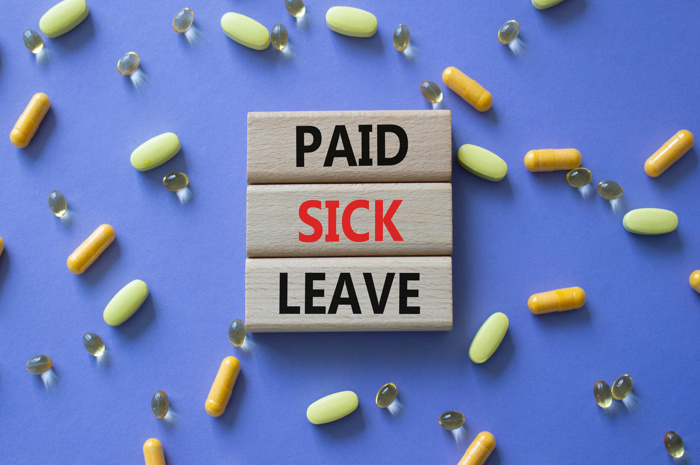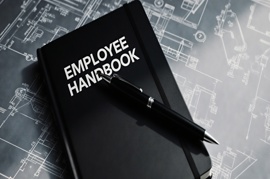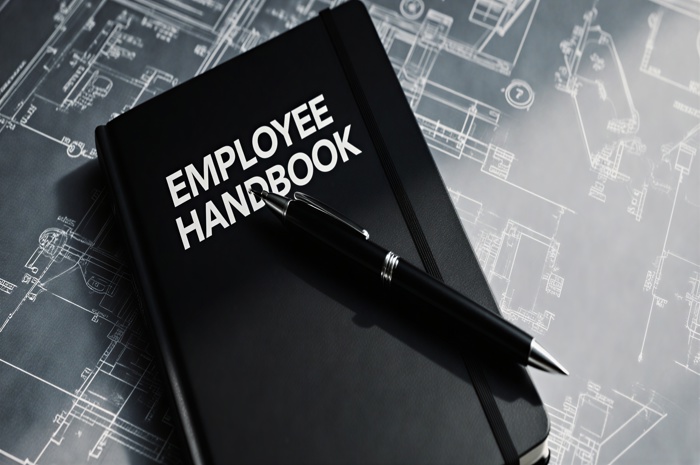Sick Pay and Small Businesses: What You Need to Know
As a small business owner, it’s easy to see staff absences as a normal part of running a company but there are legal responsibilities that cannot afford to ignore. One of these is Statutory Sick Pay (SSP) - the minimum sick-pay employers are expected to provide when eligible employees are off sick. This article will explain: what SSP is, who qualifies, how it applies to small businesses, how to manage costs, and whether offering more than the statutory minimum is advisable. Using proper bookkeeping, banking apps, and keeping up-to-date with company compliance requirements can make managing sick pay much simpler
What is Statutory Sick Pay?
SSP is the minimum payment an employer must make when an employee is off work due to sickness and meets eligibility criteria. According to the official government website, the weekly rate is £118.75 and this can be paid for up to 28 weeks for a qualifying employee. It’s paid for the days an employee would normally work, also known as ‘qualifying days’. It’s paid in the same way as wages on the usual pay day, with tax and National Insurance deductions applied.
It’s also important to note that as a business owner you cannot pay less than the statutory amount for an eligible employee. But you can pay more if your company is opted into a sick pay scheme, which can be a valuable way to support staff while keeping your small business in line with company compliance standards. More information on this is provided later in the article. So yes – companies are expected to pay sick pay, but now let’s look into understanding when and who qualifies.
Using modern banking apps alongside effective bookkeeping makes it easier to process SSP correctly and ensures your records are accurate for company compliance purposes.
Who qualifies for Sick Pay?
To qualify, eligibility is based on a number of criteria and employees must:
- have an employment contract in place and have done some work under it
- have been ill for more than 3 days in a row (including non- working days)
- earn an average of at least £125 per week
- give you notice and proof of illness when required
Also, just a quick note that workers on casual, short term, zero hours contracts, agency workers and certain other employment types are eligible if they meet the above criteria.
There are some exceptions for employees being eligible for SSP.
- have received the maximum amount of SSP (28 weeks)
- receiving the Statutory Maternity Pay or Maternity Allowance
- are off work for a pregnancy related illness in the 4 weeks before their baby is due
- were on strike or in custody on the first day of sickness
- working outside the EU and you, as the employer, are not liable for their National Insurance Contributions
- received Employment and Support Allowance within 12 weeks of starting or returning to work for you.
What about self-employed or sole traders?
If you are a sole trader, where you own and run your own business and are not employed under a contact of employment, you are not entitled to SSP. There are other alternatives that you may wish to explore such as Employment and Support Allowance (ESA) or Universal Credit if you fall ill and cannot work. Some self-employed take out private income protection insurance for sickness absence, which provides a regular source of income during periods that they are unable to work due to sickness or injury. Using banking apps to track your personal and business finances can make planning for unexpected events easier.
Can small businesses claim back Sick Pay?
In short, small businesses cannot reclaim SSP. The previous rebate scheme for reclaiming the cost of sick pay ended some years ago. Nevertheless, you can control the expense and risk by using sound procedures:
- Clearly define your sick leave policy so that employees know how to report and record absences.
- To comprehend reoccurring problems, keep an eye on absence patterns via accurate records, which are linked to periods of incapacity for work.
- Make use of payroll or HR software that keeps track of sick days and guarantees accurate calculations.
- Encourage wellness and good health in the workplace to cut down on preventable illness.
- Staying updated on company compliance requirements.
Should You Offer More Than the Statutory Minimum?
A lot of small businesses decide to offer a more generous sick pay, also known as occupational sick pay or Company Sick Pay (CSP), which can be paid in addition to the SSP. It can support employee morale, retention and your standing as an equitable employer.
It cannot be less than the SSP, and if you offer CSP, you must specify all of the terms in the employment contract, including notice requirements and payment terms - to ensure proper company compliance. Maintaining accurate bookkeeping is also essential to track these payments correctly, manage costs, and demonstrate good company compliance.
Offering additional sick pay relies on what is best for your company, taking into account factors including cost, employee well-being, and your capacity to recruit and retain employees. Ensuring good record keeping will help you stay organized, compliant, and confident that your company is managing employee benefits effectively.
Planning Ahead
Managing sick pay for small businesses involves both planning and payment. You can't get your SSP back, therefore it's a good idea to factor in any absences in your yearly forecast.
Last-minute stress or mistakes can be avoided by having a straightforward procedure for reporting sick leave, keeping correct payroll records, and staying up to date with HMRC revisions. To handle workload when important employees are away, think about putting in place backup measures, such as cross-training employees or hiring temporary cover. Planning ahead keeps things moving smoothly and helps small businesses stay compliant.
Sick pay is a legal obligation, not optional. But by understanding the rules and using tools like banking apps and proper bookkeeping, even small businesses can manage it efficiently. Want more tips on running your company smoothly? Check out our knowledge base for more information!





















